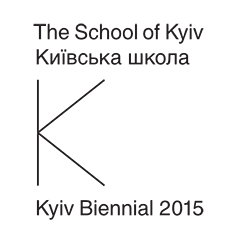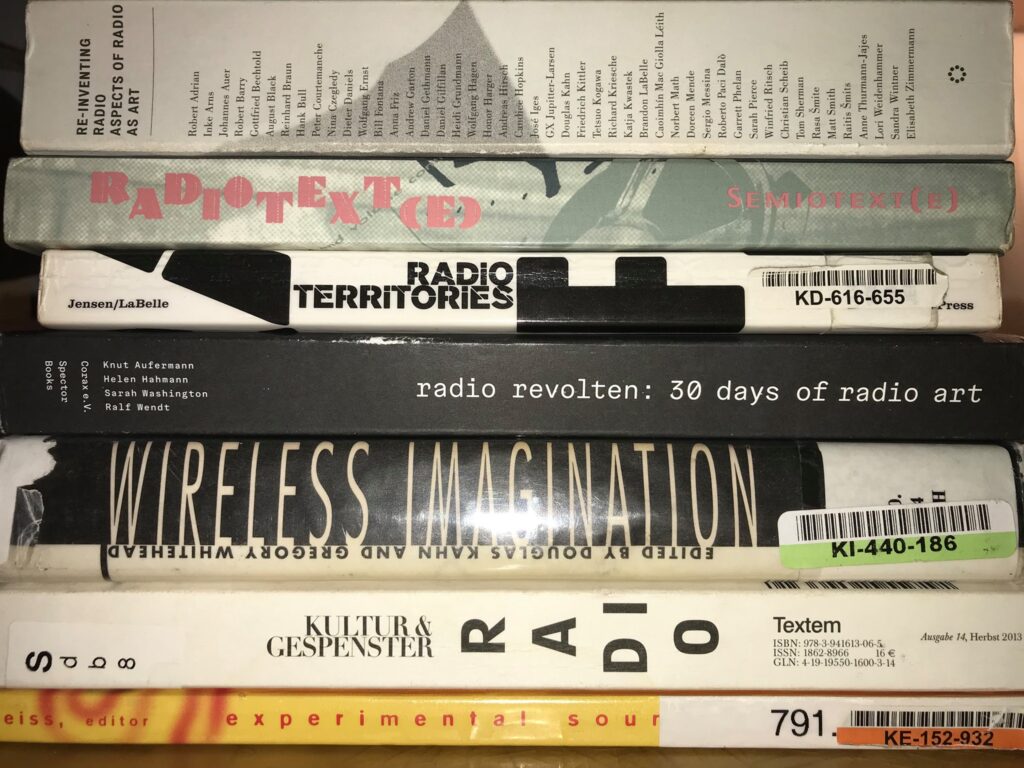Lecture by Matteo Spanò “Notes on Radical Radio”
Today, both in Europe and globally, the project of alternative information and communication, one that is positioned aside of mass media and social media alike – and beyond the power relationships and cultural values they respectively engender – acquires new relevance. Distributed production, decentralized organisation and collective participation can be, and have been, powerful driving factors for many instances of radical discourse and action. The question then is how these instances come to be mediated today, and whether an “old” medium such as radio can be reconfigured and alternatively employed – through a new, common understanding of its languages and possibilities – to bring about a change within the media landscape, a “third way” towards more free and open means and spaces for communicating together.
Matteo Spanò is a researcher, musician and radio maker. His work focuses on experimental radio practice, visual poetry and sound poetry. He holds a B.A. in Electroacoustic Composition from the Paganini Conservatory, Genoa and an M.A. in Sound Studies from the UdK, Berlin. He is co-founder and deputy chairman of Cashmere Radio. Together with the electro-acoustic orchestra Galata he participated in the 58th Biennale Musica in Venice. His works have been broadcast on Cashmere Radio, Deutschlandradio Kultur, Radiophrenia, WMFU, Resonance FM, among others. He is currently a doctoral candidate at the UdK – Sound Studies with a research project on Radio Alice and free radio culture.
The event will take place on December 8 at 12:00 live, the video broadcast will be available on the Facebook page of Visual Culture Research Center.
Organized by Cashmere Radio (Berlin, Germany) and Visual Culture Research Center (Kyiv, Ukraine).
The lecture will take place as part of the second part of the residency of electronic music “Nachtkultur/Нічна культура”. The project was implemented within the “MEET UP! German-Ukrainian Youth Encounters” programme with support from the Foundation “Remembrance, Responsibility and Future” (EVZ). The opinions expressed by the authors are not necessarily those of the Foundation EVZ. The author is solely responsible for the content.



